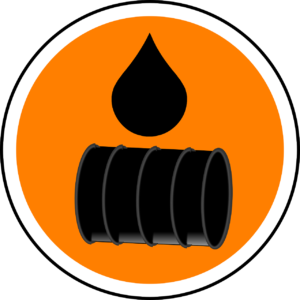 general Regulatory information
general Regulatory information
The Oil Pollution Act regulations are administered by the EPA and aim to prevent the discharge of oil in harmful quantities into or upon the navigable waters or adjoining shorelines of the United States. A Spill Prevention, Control and Countermeasure (SPCC) plan, as required under these regulations, should be used as a reference for proper oil storage, as a tool for spill prevention, as a guide for facility inspections and tank testing, and as a resource during emergency response to control, contain and clean up an oil release.
UW campuses and facilities that meet the following criteria are subject to the SPCC rule and required to prepare and implement an SPCC plan:
- Have an aggregate aboveground capacity of oil storage greater than 1,320 gallons in containers 55-gallons or more in size; or
- Have an underground capacity of oil storage greater than 42,000 gallons; and
- There is a reasonable expectation of a discharge into a navigable waterway or adjoining shoreline.
Under the SPCC rule, “oil” is very widely defined and includes, but is not limited to, petroleum, fuel oil, oil refuse and sludge, animal fats, vegetable oils and other oils and greases, including synthetic and mineral oils.
Training requirements
All oil-handling personnel must receive at least annual training to respond properly to spills in their work areas. The SPCC Facility Emergency Coordinator determines who shall be trained, the content and training method. Training should include the following:
- Applicable pollution control laws, rules and regulations
- SPCC plan content, including specific locations of oil tanks and containers
- General facility operations
- Equipment operation and maintenance procedures to prevent discharges
- Discharge procedure protocols
- Inspection and recordkeeping frequency and procedures
UWSA has developed a template training presentation that UW campuses may customize with facility-specific information or use as supplemental training within their established SPCC program. Please see the additional resources below for a downloadable copy of this training presentation.
plan Amendments & renewals
Plans must be reviewed and updated every five years or when facility information changes (e.g., new personnel, oil sources, etc.). In many cases, the five-year review and any technical amendments will require certification by a Professional Engineer (PE). University of Wisconsin institutions are encouraged to utilize a state-contracted professional engineering firm to prepare and update facility SPCC plans.
Additional resources
Disclaimer
This publication was prepared for Environmental Health and Safety staff at University of Wisconsin System campuses, to assist in finding resources and information for regulatory compliance. It is not intended to render legal advice.
